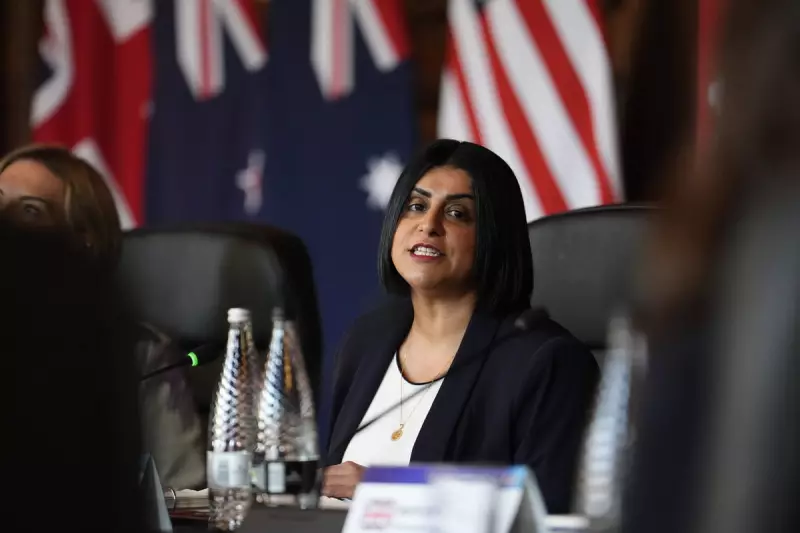
In a landmark move to protect children from online sexual exploitation, the UK Government has unveiled a radical new strategy that places tech giants on the front line. The controversial measures, announced by the Home Secretary, represent one of the most aggressive stances against digital child abuse material globally.
The New Digital Battlefront
The proposed legislation, embedded within the Online Safety Act, will empower regulator Ofcom to compel technology companies to proactively scan their platforms for child sexual abuse material (CSAM). This includes encrypted messaging services like WhatsApp and Signal, a provision that has ignited a firestorm of debate over privacy versus protection.
Companies that fail to comply with the new mandates face catastrophic financial penalties, with fines reaching up to 10% of their global annual revenue.
A Clash of Ideals: Safety vs. Privacy
The government's position is clear: the right to privacy for the vast majority should not come at the expense of a child's right to be safe from predators. The Home Secretary stated the measures are a necessary evolution in the fight against what she described as a "sickening and pervasive crime."
However, digital rights organisations and encrypted messaging services have sounded the alarm. They argue that mandating the scanning of private messages, even with the noblest of intentions, effectively creates a "backdoor" that undermines end-to-end encryption for everyone. This vulnerability, they warn, could be exploited by malicious actors and authoritarian regimes.
What Happens Next?
Ofcom is now launching a comprehensive consultation process to develop the specific codes of practice that tech firms must follow. The regulator will need to navigate the complex technical and ethical landscape, balancing robust child protection with fundamental privacy rights.
This bold step by the UK sets a significant precedent that will be watched closely by governments and civil liberties groups around the world, defining the future of online safety and digital freedom.





